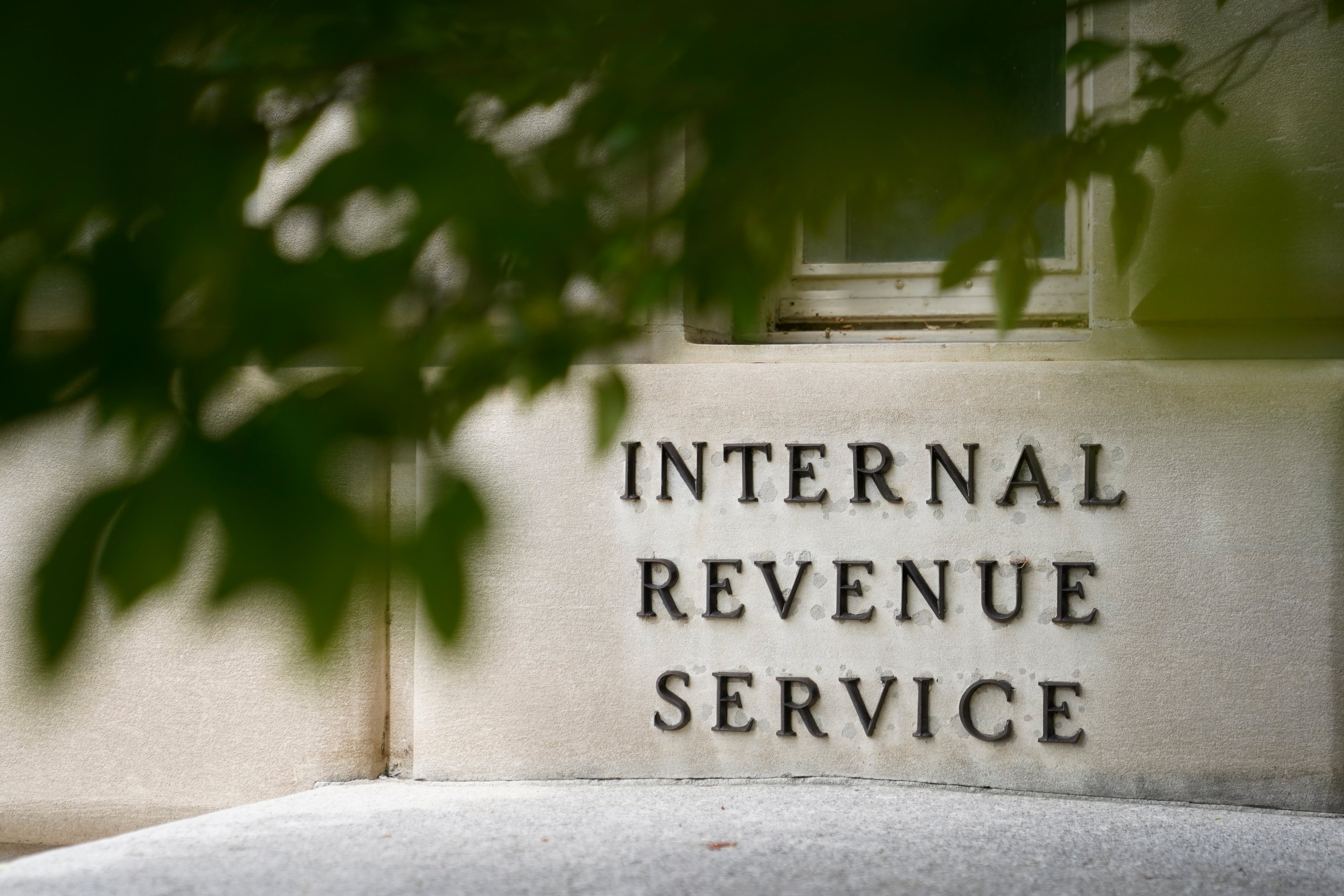Thumbtack, an online platform for matching customers with local professionals, has banned non-compete agreements for its employees and is now spreading awareness about the practice.
"What it does is it completely forestalls the ability of this talented person to go get another job based off the skills they've earned and the experience they've gathered," Thumbtack CEO and co-founder Marco Zappacosta told Cheddar.
Non-compete agreements, he argues, make it harder for workers to get a job with a competing firm once they've moved on from a company.
Once the purview of competitive executive positions, the practice has trickled down to lower-paid roles throughout the U.S. economy. These contracts usually set a time frame and geographic area for where and when a former employee can apply to work for a competitor.
For less robust job markets with fewer employers, these agreements can greatly reduce a worker's employment opportunities in a given area.
"The biggest misconception is that non-competes apply primarily to white-collar work, working at a hedge fund or something like that, when the reality is they're very common for blue-collar work," Zappacosta said.
A survey from the Economic Policy Institute found that just under half of companies reported requiring at least some of their employees to enter non-compete agreements, while roughly a third reported that all employees were required to enter into a non-compete agreement.
Zappacosta argues that this is an overstep on the part of employers and actually hobbles the economy and job market.
He also pointed out that California banned the practice as of 2018, which so far hasn't hampered the state's job market.
"We have one of the most vigorous economies in the world," he said. "Entrepreneurship is something we're famous for, and non-competes have certainly not gotten in the way of that."
As a company that connects customers with contract and freelance workers, Thumbtack also has an interest in a more flexible job market with fewer legal restrictions limiting mobility.
Zappacosta criticized the recent California Assembly Bill 5 (AB5), which aimed to make it harder for ride-hailing companies, such as Uber and Lyft, to classify drivers as contractors rather than employees.
"They had to carve out 50-60 different industries that are excepted from AB5, which highlights just how imperfect this two-class system is," he said.
In line with the goals of the law, a Superior Court judge last week ruled that Uber and Lyft must reclassify their workers from independent contractors to employees with benefits, a move that could fundamentally alter the gig economy in the state.
"Our big push is to have regulators, policy makers of all types, think of how we get past a world where we have to classify workers into these two categories," Zappacosta said.












